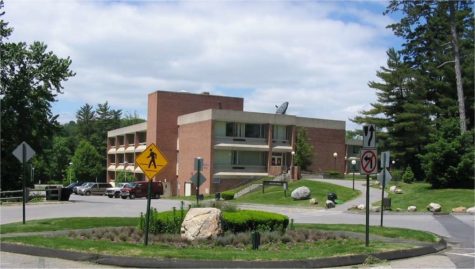How Recreational Marijuana Affects Your Health
December 4, 2016
We’ve all heard the phrase “Legalize It” when a conversation about marijuana arises.
2016 has been a big year towards legalization for the drug. Earlier this year, medical marijuana became legal in half of 50 U.S. states. And this recent election allowed adult recreational marijuana use in eight states and Washington D.C.
Weed enthusiasts think this is a big step in the right direction.
Since it’s a possibility, how would legal recreational marijuana use affect your health?
Marijuana is a mind-altering or psychoactive drug that comes from the cannabis plant. The plant’s primary psychological effects come from the chemical delta-9-tetrahydrocannabinol (THC). The concentration of THC in cannabis has increased over the past couple of decades meaning effects like hallucinations and psychomotor impairment may continue after the perceived high has stopped.
There are about 22.2 million marijuana users in the U.S., according to the 2014 National Survey on Drug Use and Health. About 7.5 percent of those users are 12 years and older.
Short term effects marijuana are impaired judgement, coordination and memory, paranoia, and time distortion. Physical effects may include bloodshot eyes, dry mouth, slurred speech, and increased heart rate. These results can last up to four hours after inhaling marijuana smoke or up to 12 hours if consumed.
Long term use can irritate the lungs and lead to breathing problems like cough, excess mucus, bronchitis, and worsening conditions like asthma and cystic fibrosis. The biggest health risks appeared in those who started using as teenagers or young adults when their brains are still developing.
A Proceedings of the National Academy of Sciences (PNAS) study showed that deterioration in the learning and cognitive thinking persists into adulthood, even after they have stopped using.
Like most things in life, there are both, positive and negative sides. The non-medical benefits are more tied to medical marijuana and how it has been used to help cancer patients with chemo side effects, reduce epileptic seizures, decrease anxiety, and slow the progression of Alzheimer’s.
If you use marijuana products, be careful about doing so before driving or operating machinery or dangerous equipment.













